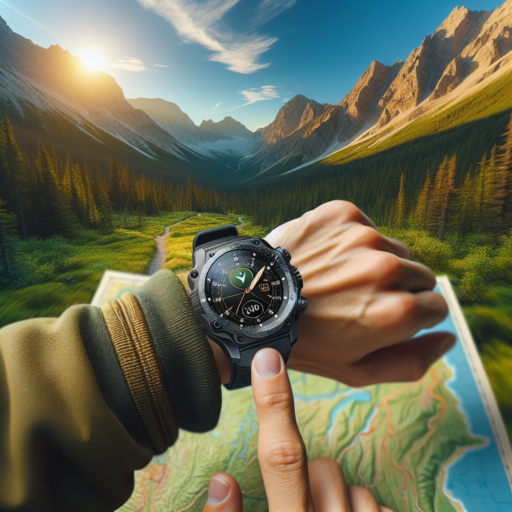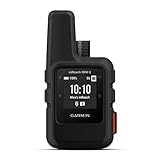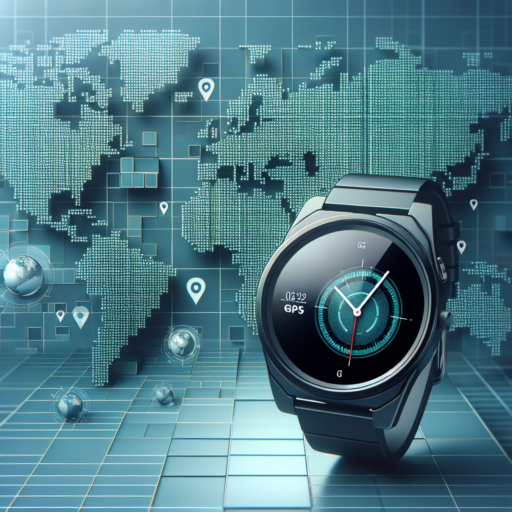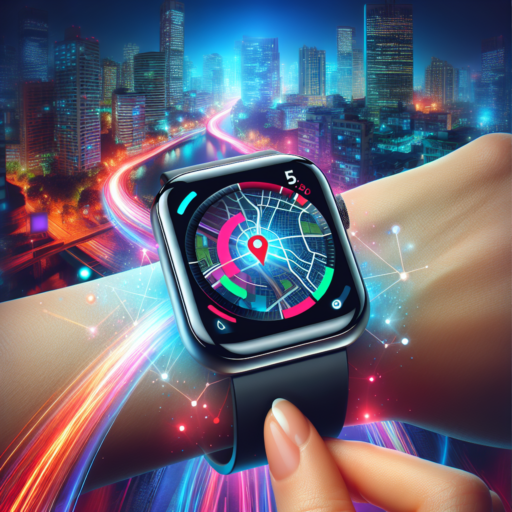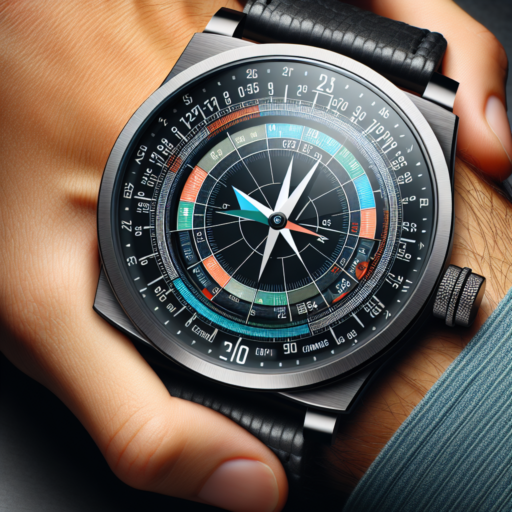What is the best watch for hiking navigation?
When searching for the best watch for hiking navigation, it’s essential to consider a variety of features that can enhance your outdoor adventures. Durability, GPS functionality, and battery life stand out as pivotal elements.
Key Features of a Top-Notch Hiking Watch
Firstly, a robust GPS system is non-negotiable. It not only tracks your location but also guides you through unfamiliar terrains. Brands like Garmin and Suunto have excelled in integrating precise GPS navigation in their watches, ensuring hikers stay on the right path. Battery life is another critical factor. The ideal hiking watch should sustain long treks without the need for frequent recharges. Look for models that offer a battery life extending beyond a typical day’s journey.
Moreover, the build quality cannot be overlooked. A watch designed for hiking must withstand extreme conditions, whether it’s water, dust, or shock resistance. Features like an altimeter, barometer, and compass are also beneficial for navigating through elevation changes and predicting weather shifts.
Ultimately, the choice of the best watch for hiking navigation boils down to a mix of personal preference and the specific demands of your hiking endeavors. While no single watch may claim the title definitively, those that combine durability, extended battery life, and comprehensive navigational features significantly improve your hiking experience.
What is the best watch for running and backpacking?
Finding the best watch for both running and backpacking involves a balance between features that cater to rigorous trail use and those that enhance your running experience. The ideal watch combines durability, battery life, and an array of features that track your performance and navigate your paths.
When selecting the perfect watch, you should consider models that offer GPS tracking, heart rate monitoring, and altimeter functionalities. These features are critical for runners who also enjoy the multifaceted challenges of backpacking. GPS tracking helps in plotting your runs or treks accurately, while a heart rate monitor keeps you informed about your fitness levels. An altimeter, on the other hand, is invaluable for those traversing varied elevations.
Additionally, the physical robustness of the watch is paramount. Look for watches with water resistance and a durable build to withstand the elements and rough handling. Battery life is another crucial factor; the last thing you want is your watch dying midway through an adventure. Watches with customizable modes that allow you to adjust settings to conserve battery life are particularly advantageous.
Do I need a GPS watch for hiking?
When planning for a hike, one question often arises: Do I need a GPS watch for hiking? This device has become a staple in the outdoor gear collection of many adventurers. Below, we delve into its importance and functionality to help you decide.
A GPS watch offers more than just timekeeping. For starters, it provides real-time location tracking, which is invaluable in the wilderness where traditional signs and markers may be scarce or non-existent. The technology empowers hikers to navigate challenging terrains, track their progress, and safely return to their starting point or camp. Furthermore, many models come equipped with features like a compass, altimeter, barometer, and weather forecast predictions, enhancing your preparedness for whatever you might encounter on the trails.
Besides navigation and safety benefits, a GPS watch can significantly enhance your hiking experience by allowing you to set waypoints for interesting locations or landmarks you wish to visit. This feature is particularly useful for those who love exploring off-the-beaten-path spots. Additionally, it helps in planning your hikes more effectively by giving you insights into distance covered, elevation gain, and even estimating your time of arrival to specific points. For the fitness-conscious hiker, these watches offer detailed metrics about your physical performance, such as heart rate, calories burned, and step count, enabling you to align your hiking goals with your fitness objectives.
Although not a mandatory piece of gear, a GPS watch brings a layer of safety, efficiency, and enjoyment to your hiking adventures. It assists in ensuring you remain on track, aids in emergency situations by providing precise location data, and enriches your outdoor experience with detailed insights and metrics. Whether you’re a casual hiker or a seasoned trailblazer, considering adding a GPS watch to your hiking essentials might be a step in the right direction.
Is Coros better than Garmin?
When comparing Coros and Garmin, it’s essential to dive into the specific features that set these two titans of the fitness tracking industry apart. Both brands offer an array of products tailored to different types of athletes, but how do they stack up against each other in terms of technology, durability, and user experience?
Technology and Features
Coros is renowned for its innovative approach to battery life, boasting some of the longest-lasting devices on the market. This makes it a favorite among ultra-distance athletes who require reliability over extended periods. Garmin, on the other hand, excels in providing a broad spectrum of features including music storage, contactless payments, and detailed mapping capabilities. Garmin’s diverse functionality appeals to a wider audience looking for a multi-purpose smartwatch.
Durability and Design
When it comes to durability, both brands have established a strong reputation. Coros watches are often celebrated for their robustness and simplistic design, appealing to athletes who prioritize functionality over fashion. Garmin devices are typically more versatile in design, offering both rugged sporty models and sleeker options suitable for everyday wear. The choice between the two often boils down to personal taste and the specific needs of the wearer.
User Experience
The user interface and ecosystem provided by both brands significantly influence consumer preference. Coros offers a streamlined interface that prioritizes ease of use, making it an excellent choice for those who favor simplicity. Garmin, however, provides a more comprehensive data analysis platform through its Connect app, catering to users who prefer to dive deep into their performance metrics. This difference reflects the brands’ distinct approaches to user engagement and data utilization.

